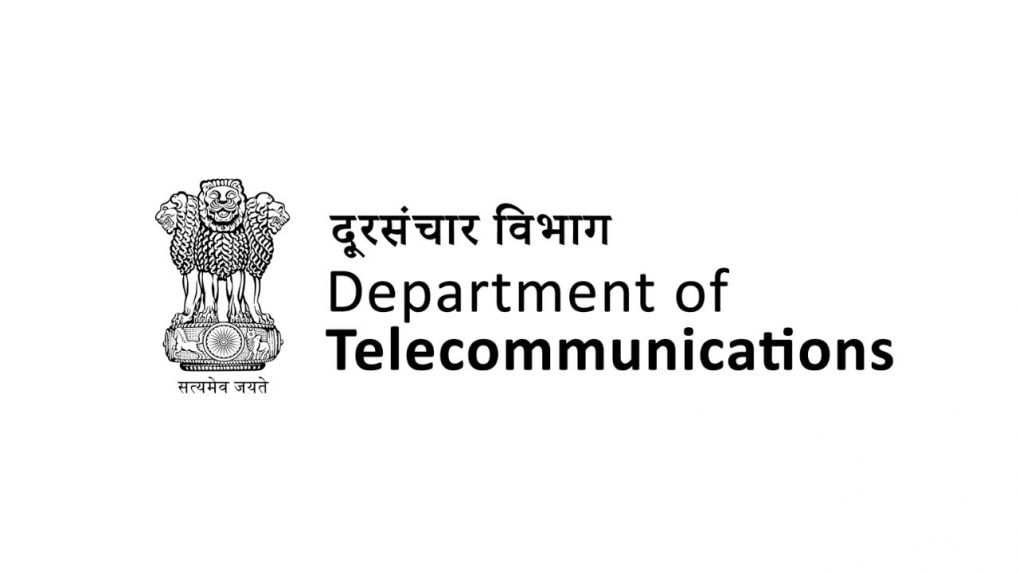DoT unveils directives for telecom operators to ensure inclusive KYC for persons with disabilities
New DoT guidelines, issued in line with Supreme Court orders, mandate accessibility in telecom services for PwD customers across all verification and support touchpoints.
ADVERTISEMENT
In a landmark move aimed at ensuring digital inclusivity, the Department of Telecommunications (DoT) has issued comprehensive directives to all telecom licensees mandating that telecom services and Know Your Customer (KYC) procedures be made fully accessible to Persons with Disabilities (PwDs).
These instructions, dated July 31, 2025, come in direct compliance with the Supreme Court's judgment in two key public interest litigations- Pragya Prasun & Ors. vs Union of India and Amar Jain vs Union of India- which highlighted systemic exclusion of PwDs in telecom service enrolment.
Read more: DoT mandates telcos to implement inclusive digital KYC processes following SC judgement
In May this year, DoT directed all telecom licensees to comply with the Supreme Court’s judgment mandating accessible KYC procedures for PwDs.
Effective from one month of issuance, the new order supersedes previous directives from 2020 and lays out a clear framework for telecom operators to follow.
Crucially, it grants PwD customers the right to voluntarily choose from available KYC options: e-KYC, Digital KYC (D-KYC), self-KYC, or paper-based KYC -without discrimination or denial of service due to their disability.
For digital KYC processes, operators must not rely solely on eye-blinking for liveness detection during video and photo verification, and are now required to adopt alternative methods to accommodate a broader spectrum of disabilities.
Additionally, PwD certificates must be captured and attached at the point of sale.
Paper-based KYC must also be offered as an accessible option, with the customer's disability status and percentage captured in the Customer Acquisition Form (CAF) and digital database. To support smooth onboarding, operators are instructed to appoint a designated officer to resolve any challenges faced by PwD customers during the KYC process. These officers will also have the authority to override automated KYC rejections upon review.
Read more: I&B Ministry asks OTT platforms to enhance accessibility features for persons with disabilities
Further, telecom providers are required to establish dedicated grievance redressal mechanisms, including a PwD-specific helpline staffed by personnel trained in assistive technologies. Sensitization and training programmes for employees and point-of-sale staff will be held periodically to promote awareness and understanding of PwD concerns.
"For better sensitization of the PoS, designated officer or any other employee of the licensee regarding issues raised by PwD customers, the licensee shall conduct disability awareness and training programs from time to time," DoT said.
Operators will also need to submit biannual accessibility compliance reports starting January 1, 2026, through the Saral Sanchar Portal, with certifications by authorized company signatories.
Read more: Digital access is a right: SC orders KYC reforms for persons with disabilities


